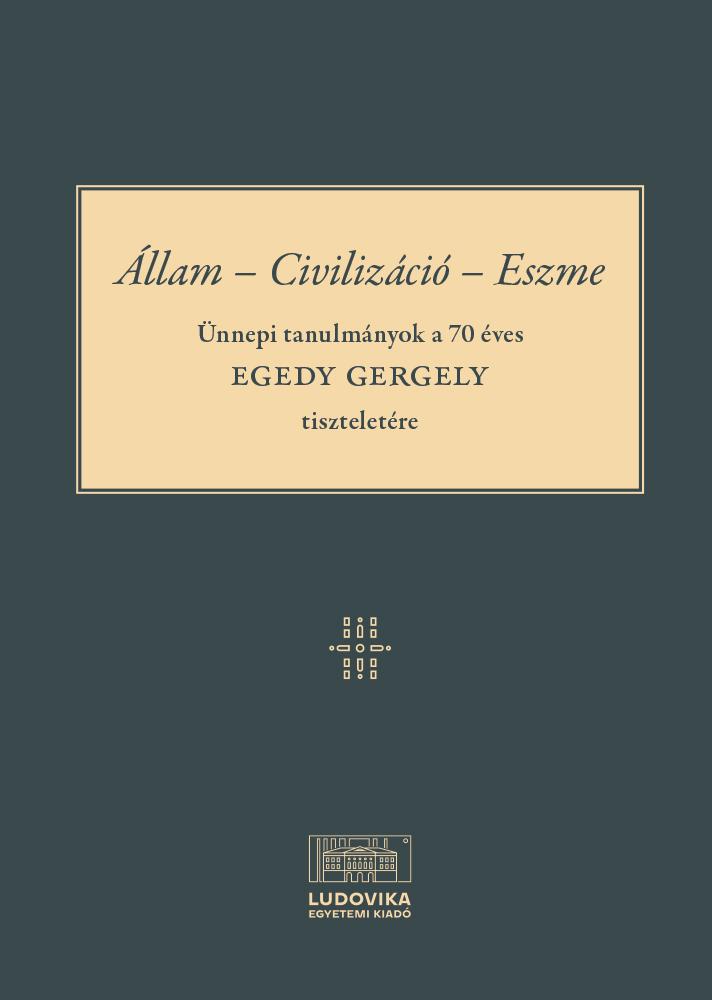A Magyar Tanácsköztársaság gazdaságirányításának néhány kérdése
Absztrakt
A tanulmány a Magyar Tanácsköztársaság rövid gazdaságtörténetével foglalkozik. Főleg a rövid életű, de nagy ambíciójú államkísérlet gazdaságirányítási mechanizmusaira koncentrál. Az akkori gazdaságpolitika gyökereit egyrészt a radikális szocialista ideológiában, másrészt az első világháború utáni nehéz helyzetben kell keresni. Az utóbbi egész Európára jellemző volt, és a legtöbb helyen olyan megoldásokhoz vezetett, amelyeket csak nehezen lehetett volna elképzelni 1914 előtt. Ez alól a vesztes Magyarország sem volt kivétel. A tanulmány megvizsgálta a gazdaságirányítás intézményeit és mechanizmusait az egyes korabeli alkotmányos dokumentumokban is. Erre azért volt szükség, mert a Magyar Tanácsköztársaság vezetői az akkori modellt nem tekintették ideiglenesnek, hanem hosszabb távú megoldást láttak benne. Ezenkívül a próbálkozásuk rövid időtartama ellenére sok energiát fordítottak a jogi meghatározására is.
The paper discusses the brief economic history of the Hungarian Soviet Republic, focusing primarily on the economic governance mechanisms of this short-lived yet ambitious state experiment. The economic policy of this period is rooted in the radical socialist ideology and the challenging post-World War I situation. The latter circumstance was common across Europe and in most places led to solutions that would have been hard to imagine before 1914. Hungary, as a defeated nation, was no exception. The study also examines the institutions and mechanisms of economic governance in various constitutional documents from the era. This is necessary because the leaders of the Hungarian Soviet Republic did not view the model of the time as a temporary one but rather as a longer-term solution. Moreover, despite the short duration of their experiment, they invested considerable effort in its legal framework.



.svg)
